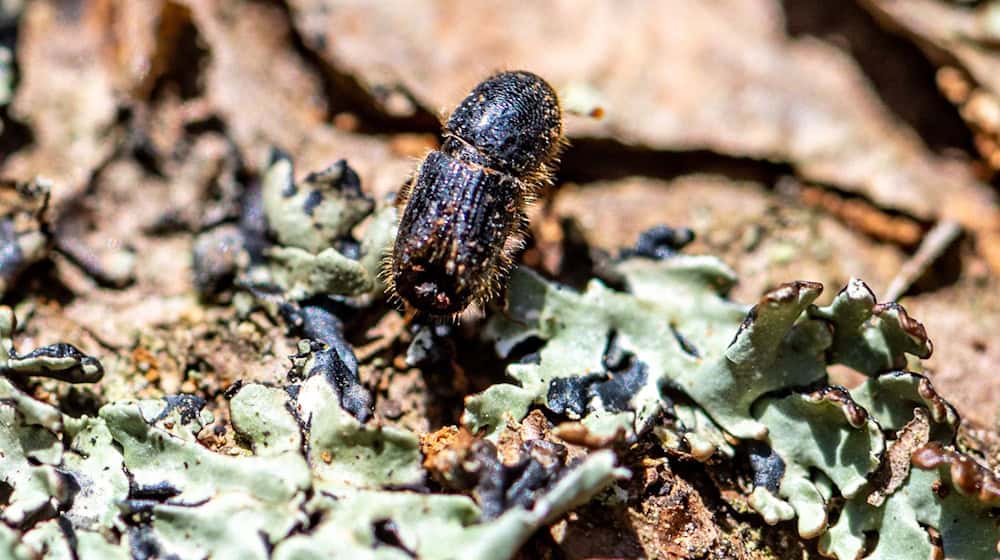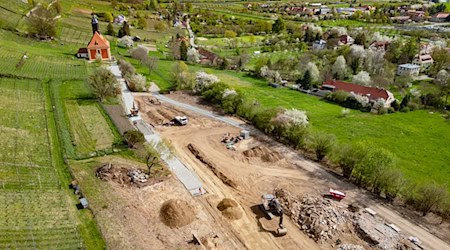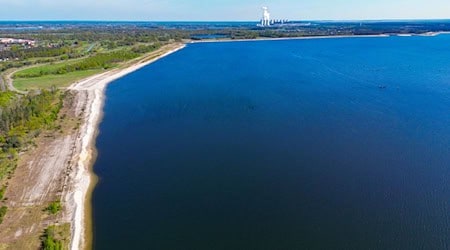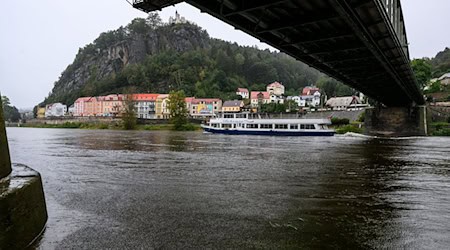The bark beetle situation in Saxony's forests remains tense. The early swarming of the bark beetles due to the warm weather at the end of March was unfavorable, Renke Coordes from the state enterprise Sachsenforst told the German Press Agency on request. As a result, there is a risk that up to three generations of beetles could form by the fall, which could lead to mass reproduction.
According to the Ministry of the Environment, the development of the broods is progressing. "In the meantime, young beetles of the first generation have already developed from the eggs laid in the lower hills, while larval stages still predominate in the broods in the upper areas of the Ore Mountains," said a ministry spokesperson. However, the amount of infested wood has only increased slightly compared to the previous year.
According to Coordes, high levels of beetle activity are currently being observed in large numbers. In addition, there are still many older spruce trees, particularly in the Ore Mountains and Vogtland and in some other regions, which are potentially threatened by a mass proliferation of bark beetles.
However, the good water supply to the trees so far is having a positive effect. The excess precipitation from the winter months and the amount of rain that has now fallen are supporting the resistance of the spruce, which is counteracting the beetles' attempts to bore into the tree, especially through resin formation, the Ministry of the Environment announced.
According to Sachsenforst, dead wood has no effect on the reproduction of bark beetles. These breed in living trees under the bark. Above all, they need moisture, which is no longer available in dead wood. However, trees are known to die in the event of mass infestation by bark beetles. For this reason, deadwood does not have to be removed from the forest to contain bark beetle damage. Rather, deadwood in its various forms is part of natural forest management and forms an important habitat for rare animal and plant species and other creatures.
In contrast, according to Sachsenforst, trees that are freshly dead or damaged by storms or snow are preferentially attacked by bark beetles. These must therefore be removed from the forests quickly, as must trees that have been directly attacked and still have eggs or larvae under the bark.
Copyright 2024, dpa (www.dpa.de). All rights reserved










